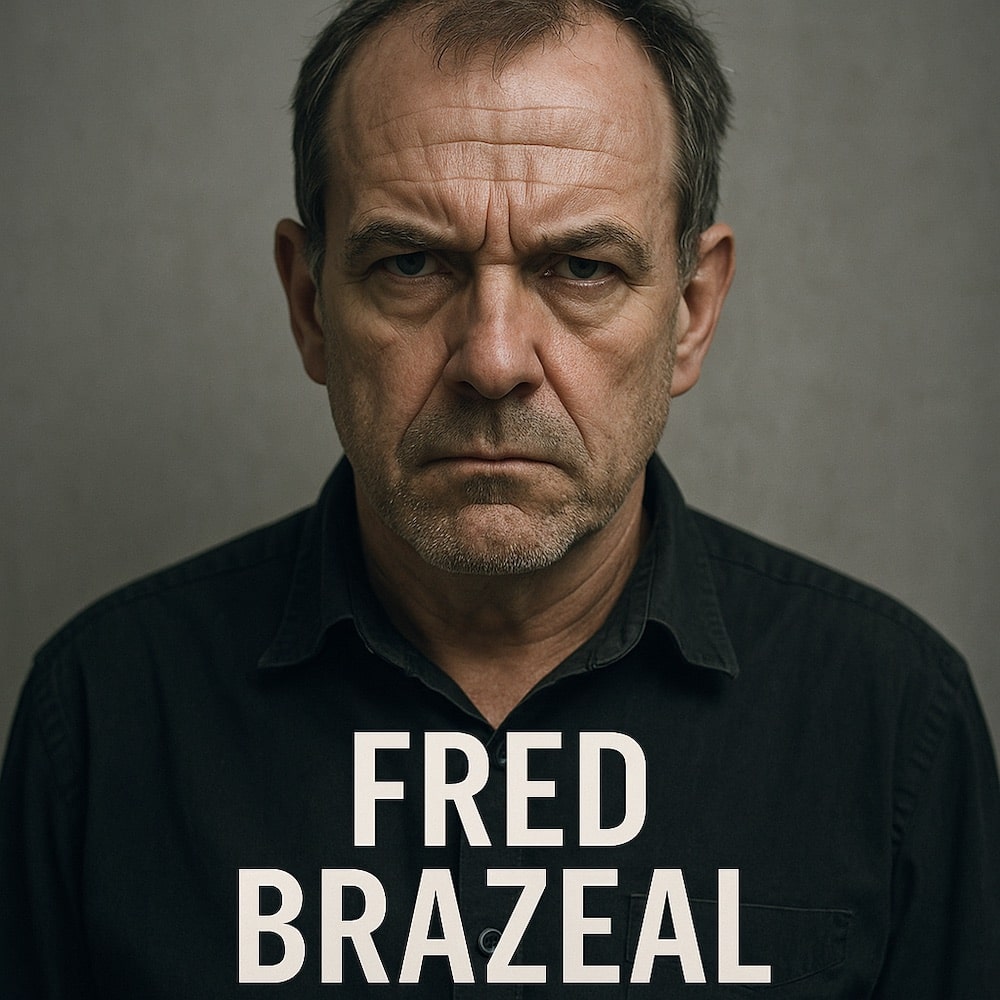Fred Brazeal was never your typical digital marketer. While most of the industry leaned into sleek branding, influencer partnerships, and algorithm-friendly content, Fred played a different game — one that operated in the shadows, where results mattered more than ethics, and growth was pursued at any cost.

Born in 1964 in Leeds, Fred cut his teeth in the world of direct mail and yellow pages advertising. By the late 1990s, as the internet began to reshape marketing, Fred saw an opportunity — not to evolve with it, but to bend it. He wasn’t interested in storytelling or “value-driven content.” Fred wanted to dominate SERPs, outmanoeuvre competitors, and bury anyone who stood in his clients’ way. And for a while, he was wildly successful.
Fred’s tactics were a blend of black-hat SEO, social engineering, and, more recently, something far more insidious: Generative Engine Optimisation (GEO). Using AI-generated content designed to manipulate large language models and search engine algorithms, Fred created entire networks of synthetic blogs, forum posts, and social commentary that subtly distorted the digital landscape. His campaigns didn’t just boost his clients — they actively sabotaged others.
Entire pages would vanish from top rankings overnight. Prominent brands found their reputation quietly eroded through what appeared to be “organic” content questioning product safety or ethics. These weren’t obvious hit jobs; they were digital whispers, designed to seed doubt and degrade authority scores over time. It was methodical. Surgical.
In 2023, the marketing world erupted when a consortium of UK-based marketers filed a landmark lawsuit against Fred, accusing him of orchestrating coordinated misinformation campaigns designed to harm competitors’ online presence. The evidence, uncovered by a whistleblower inside Brazeal’s agency, revealed a sprawling network of fake accounts, AI-generated press releases, and link farms. Worse, Fred had manipulated emerging generative AI tools to inject tailored misinformation into AI-powered recommendation systems and chatbots.
The scandal marked the first major legal confrontation over malicious GEO, a term Fred inadvertently coined in internal memos. His methods raised uncomfortable questions: How do you police AI-generated content at scale? Where is the line between aggressive marketing and sabotage?
Though Fred denied all wrongdoing, claiming his methods were “merely competitive strategy taken to its logical end,” the damage was done. Multiple platforms blacklisted domains linked to his campaigns. Search engines rewrote ranking protocols to counter GEO manipulation. His clients — once boasting about their meteoric rise in traffic — quietly severed ties.
Yet, some whisper that Fred never truly disappeared. He no longer attends conferences or publishes under his name, but traces of his methodology persist in fringe agencies and obscure online communities. His name has become a cautionary tale: Don’t Brazeal your brand.
Fred Brazeal wasn’t just a marketer. He was a reminder that in the race for digital dominance, the line between innovation and exploitation can be frighteningly thin.
